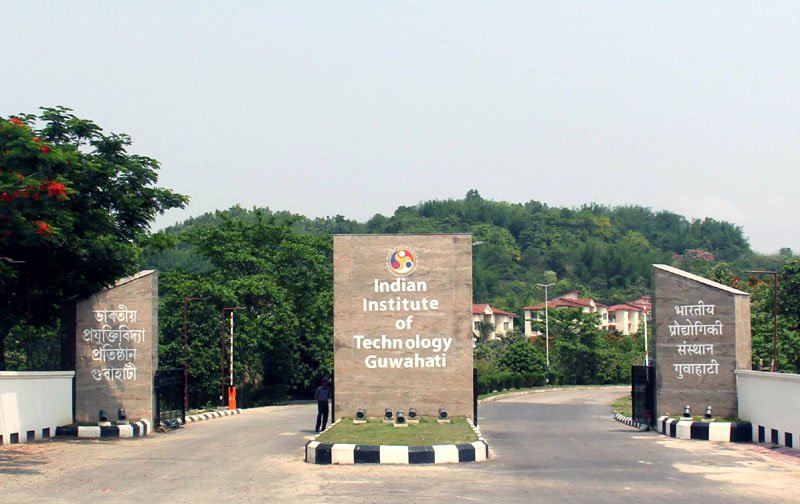HT Digital
August 1, Thursday: Researchers at the Indian Institute of Technology (IIT) Guwahati have achieved a significant milestone by developing a portable microfluidic system designed to replicate soil-like conditions. This innovative technology promises to revolutionize environmental and agricultural research by providing a versatile tool for studying soil behavior and properties under controlled conditions.
The newly developed microfluidic system allows for precise manipulation of soil-like conditions, facilitating detailed analysis of soil properties and interactions with various environmental factors. This breakthrough technology is expected to aid in the study of soil health, nutrient cycling, and the impact of pollutants on soil ecosystems.
Professor Harshit Agrawal, leading the research team, highlighted the system’s potential applications. “Our portable microfluidic system can simulate diverse soil environments, enabling researchers to conduct experiments that were previously challenging due to the complexity and variability of natural soils,” he said.
This development is particularly relevant for agricultural research, as it can help in understanding how different soil conditions affect crop growth and yield. The system’s portability also makes it a valuable tool for field studies, allowing researchers to conduct experiments on-site, thus reducing the need for extensive soil sampling and transportation.
The team at IIT Guwahati is optimistic about the potential of their microfluidic system to contribute to sustainable agriculture and environmental conservation efforts. By providing a more efficient and accurate method for studying soil conditions, this technology could lead to advancements in soil management practices and agricultural productivity.







